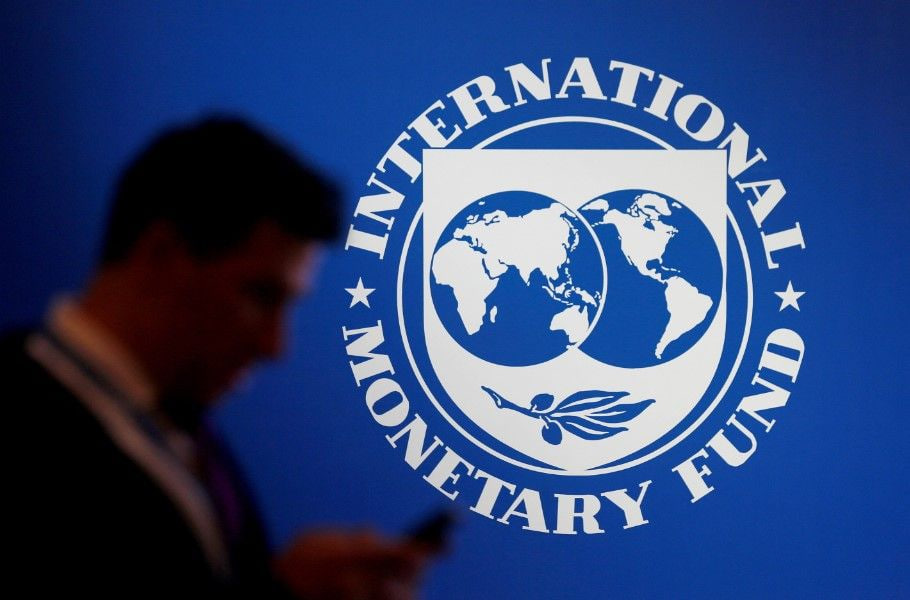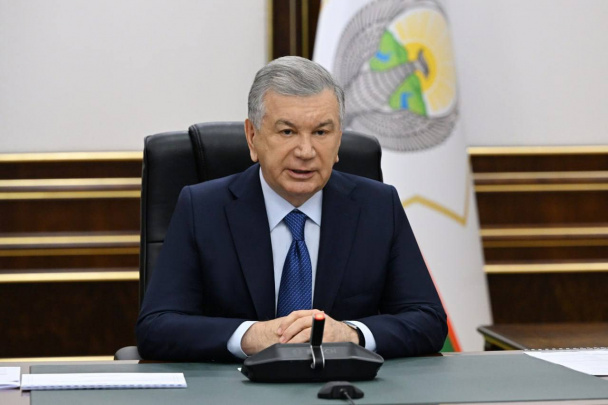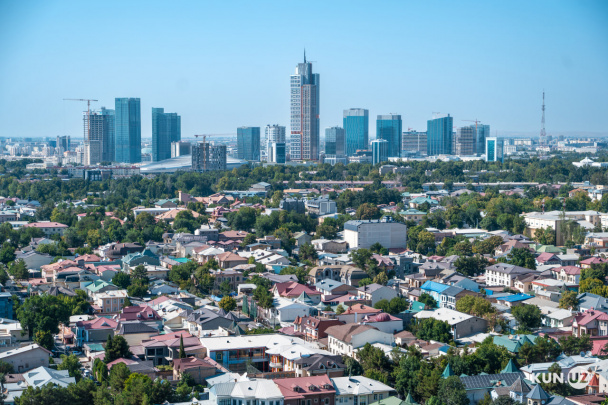IMF recommends Uzbekistan to reassess tax incentives to boost economic growth
The International Monetary Fund (IMF) has advised Uzbekistan to reconsider its tax exemption policies, citing concerns over declining government revenue as a percentage of GDP. The recommendation comes amid expectations of a further drop in state revenue, partly due to existing tax incentives. According to international experts, revising these exemptions is essential not only for boosting revenue but also for attracting foreign investment.

Photo: IMF
From September 16 to 24, an IMF mission led by Yasser Abdih met with representatives of the Uzbek government to discuss the current economic situation and key policy priorities. Following the meetings, the IMF released an official statement outlining its observations and recommendations.
The IMF noted that Uzbekistan’s economy is expected to continue growing, with the real GDP growth rate reaching 6.4% in the first half of 2024. However, inflation rose from 8% to 10.5% by the end of April, largely driven by an increase in regulated energy prices in early May. Additionally, remittance inflows surged by 32% in the first seven months of the year compared to 2023. International reserves remain stable, covering 9.5 months of imports as of the end of August.
The IMF mission forecasted that Uzbekistan’s real GDP growth would remain above 5.5% in 2024 and 2025, supported by continued investment and structural reforms. Measures to curb inflation, including tightened monetary and fiscal policies and efforts to mitigate the impact of rising energy prices, are expected to gradually reduce inflation. The current account deficit is projected to decrease to 6.25% of GDP in 2024 and 6.1% in 2025, partly due to strong exports and reduced one-time purchases of imported machinery and equipment.
However, the IMF highlighted several economic risks, including regional and geopolitical challenges, commodity price volatility, and the potential for a global economic slowdown. The mission also warned of contingent liabilities related to state-owned enterprises and public-private partnerships. On the positive side, rising remittances and higher gold prices could create new opportunities for the economy.
The consolidated budget deficit for 2024 and 2025 is expected to be around 4% and 3% of GDP, respectively. This reduction will be achieved by rationalizing state expenditures, particularly through cuts to energy subsidies while protecting vulnerable populations, targeting social spending more effectively, and reducing directed lending.
Despite the positive outlook for gold prices and strong economic growth, tax revenues outside the gold extraction sector are expected to decline due to weak collection of VAT and corporate income tax. Tax exemptions and reduced tax obligations, especially in the rapidly growing services sector, are hindering the expansion of the taxable base. The IMF recommended that Uzbekistan gradually reduce the negative impact of tax incentives on the taxable base to attract more investment.
The IMF also stressed the importance of enhancing tax administration to ensure compliance with the Tax Code, particularly by improving local tax audits and expanding protections for taxpayers' rights.
Regarding inflation, the IMF warned that the second wave of energy tariff increases in May 2024, coupled with uncertainties surrounding wage hikes in September and October 2024, pose risks of higher inflation. The IMF recommended maintaining tight monetary policy until inflation targets are met and advised the Central Bank to be prepared to raise interest rates if inflation exceeds expectations.
In addition, the IMF mission acknowledged the ongoing privatization process of two major state-owned banks, Uzsanoatqurilishbank and Asakabank, and called for leveling the playing field between private and state-owned enterprises to enhance competition.
Related News

13:04 / 09.07.2025
Central Bank of Uzbekistan reports decline in reserves, while gold volume and value climb

10:32 / 09.07.2025
Inflation expectations in Uzbekistan drop sharply in June

15:00 / 08.07.2025
President Mirziyoyev reviews economic progress in Namangan

20:34 / 07.07.2025



